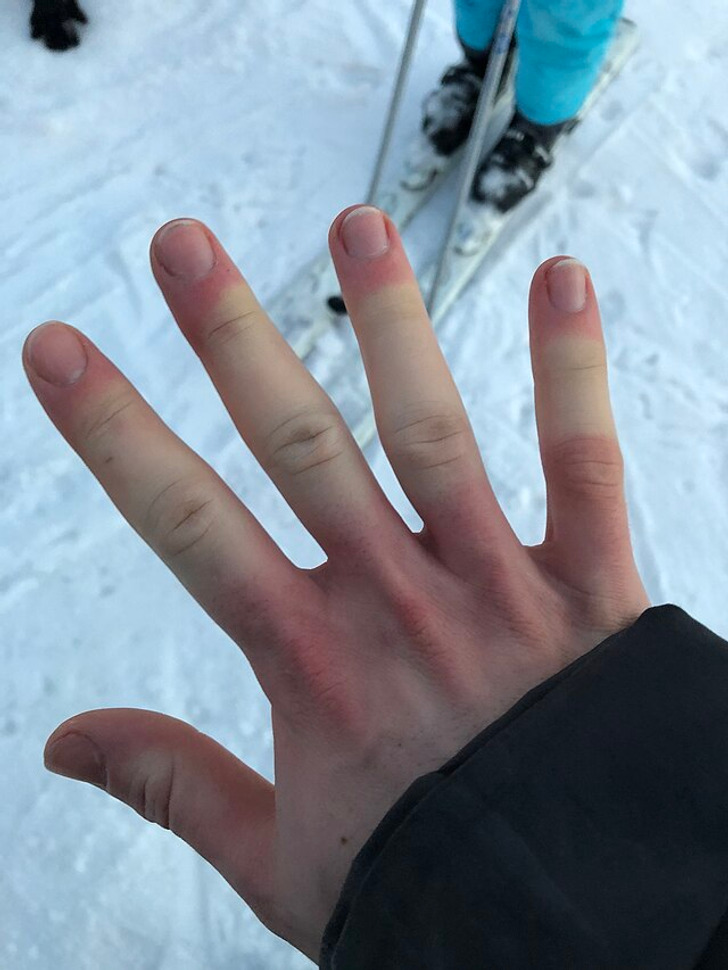I think, I can never earn over which I paid by my precedent employer, but I was wrong, world is so large to try their fate. but now I am making $52/h even more,and easily earn minimum $1300/week, on the experience everyone must try to do work online, easy way to earn, here's an example.
𝐰𝐰𝐰.Richnow1
8 Silent Red Flags Your Immune System Is Struggling
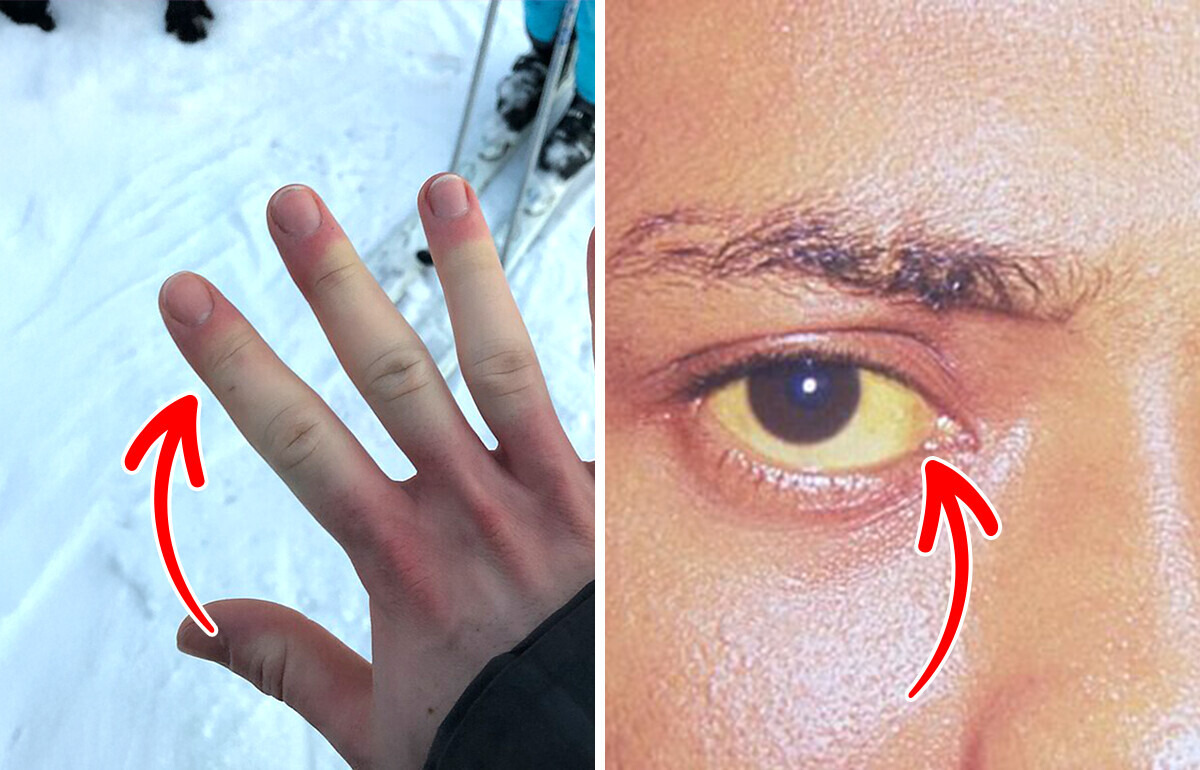
Your immune system is your body’s defense against illness, but when it's not working properly, even common infections can become a bigger problem. From frequent colds to unusual fatigue, your body may be sending subtle signals of a weak immune system. In this article, we’ll explore 8 warning signs that could indicate a weakened immune system—and why it’s important not to ignore them.
Don't forget to consult a doctor if you experience any of these symptoms.
CONTENT IS PROVIDED FOR INFORMATIONAL PURPOSES ONLY AND IS NOT INTENDED AS A SUBSTITUTE OF MEDICAL ADVICE. SEEK GUIDANCE OF YOUR DOCTOR REGARDING YOUR HEALTH AND MEDICAL CONDITIONS.
1. Yellow skin or eyes.
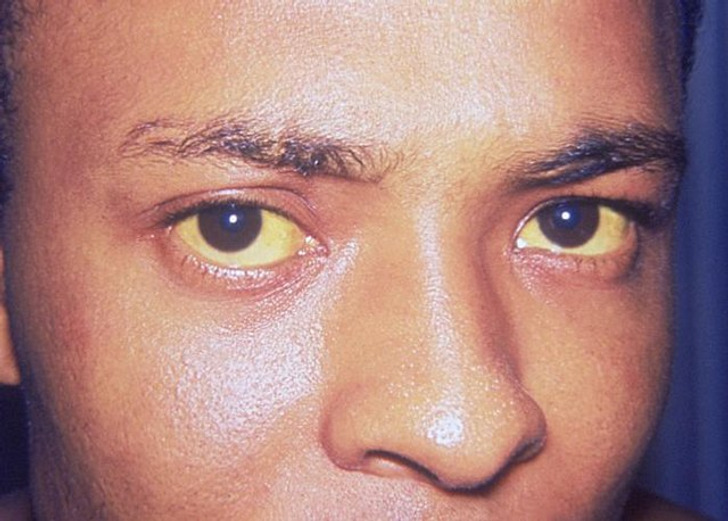
Jaundice could be a sign that your immune system is mistakenly attacking healthy liver cells, potentially leading to a condition known as autoimmune hepatitis. Keep in mind that jaundice is not a disease. It's a sign that the liver, gallbladder and bile ducts aren't functioning normally. If you experience similar symptoms, don't forget to visit your doctor.
2. Sensitivity to sun.
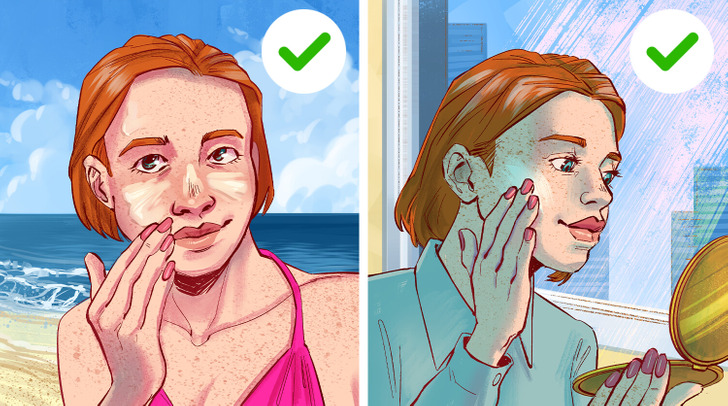
People with autoimmune disorders can sometimes experience an allergic reaction to ultraviolet (UV) rays, known as photodermatitis. This condition may cause blisters, rashes, or scaly patches on the skin after sun exposure. In some cases, it can also lead to symptoms like chills, headaches, or nausea.
3. Rash.
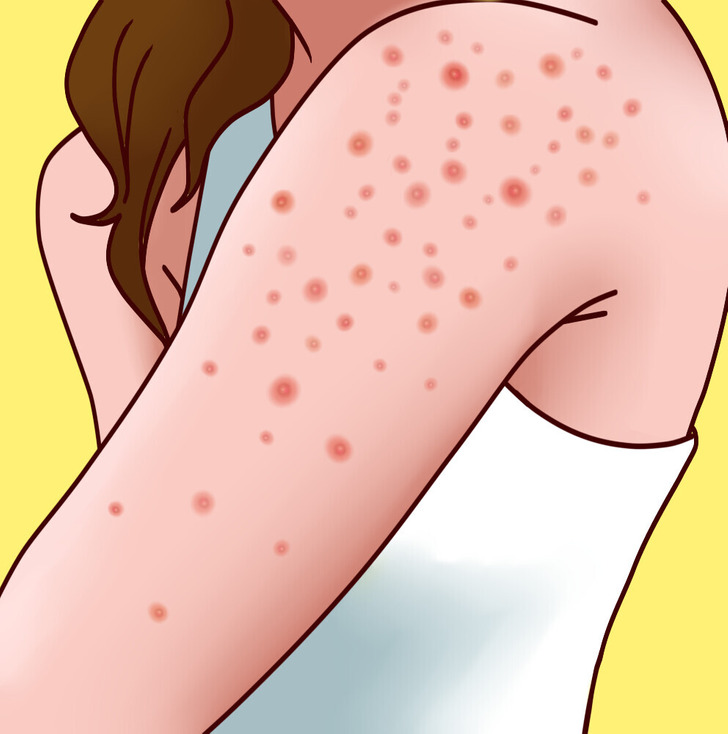
Your skin acts as the body’s first line of defense against germs, and its appearance can be a sign of how well your immune system is functioning. Dry, itchy, or red skin often points to inflammation. A rash that’s painful or lingers without healing can be another warning sign. For example, people with lupus commonly develop a butterfly-shaped rash across the nose and cheeks.
4. Inconsistent bathroom issues.
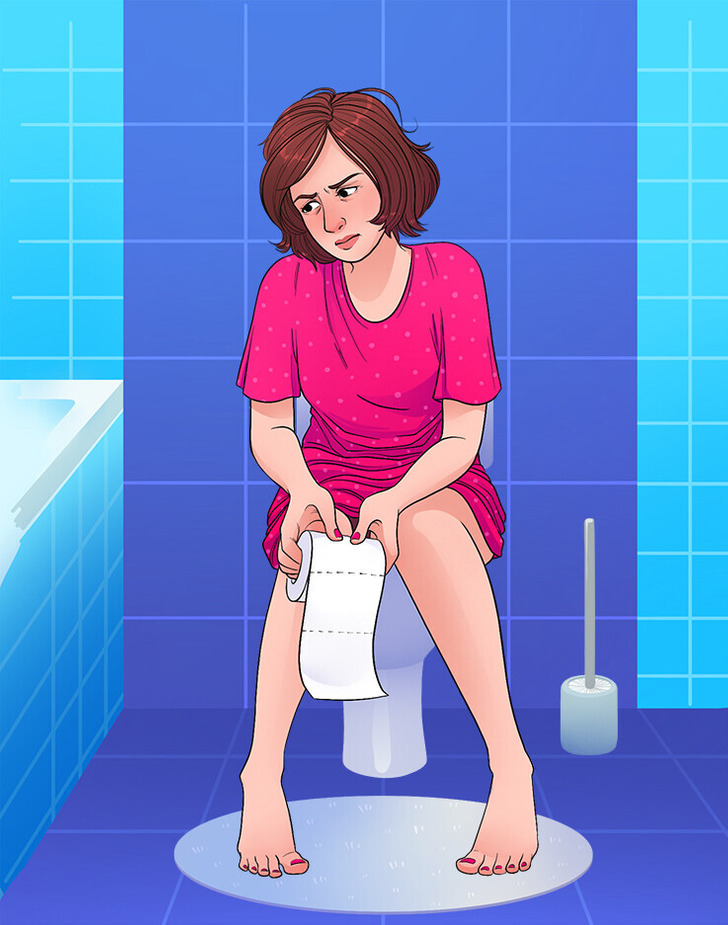
Diarrhea lasting longer than 2 to 4 weeks may be a sign that your immune system is damaging the lining of your small intestine or digestive tract.
Constipation can also signal an issue. If your stools are very hard, difficult to pass, or resemble small rabbit pellets, it could mean your immune system is causing your intestines to slow down. However, infections like bacteria or viruses, as well as other health conditions, can also be responsible.
5. Fatigue and headaches.
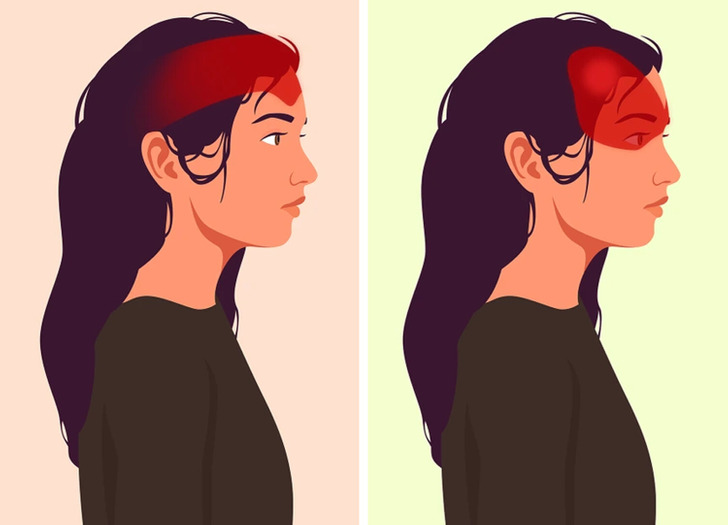
Feeling extremely fatigued—similar to the exhaustion you get with the flu—might be a sign that your immune system is under strain. This kind of tiredness usually doesn’t go away with rest. You may also experience aching joints or muscles. Of course, there are many possible reasons for these symptoms.
In some cases, headaches can also be linked to immune system issues. For instance, they might be caused by vasculitis, a condition where blood vessels become inflamed due to an infection or autoimmune disorder.
6. Localized hair loss.

In some cases, the immune system mistakenly attacks hair follicles. This can lead to hair loss on the scalp, face, or other areas of the body—a condition known as alopecia areata. Losing hair in strands or clumps may also be a sign of lupus.
7. Dry eyes.
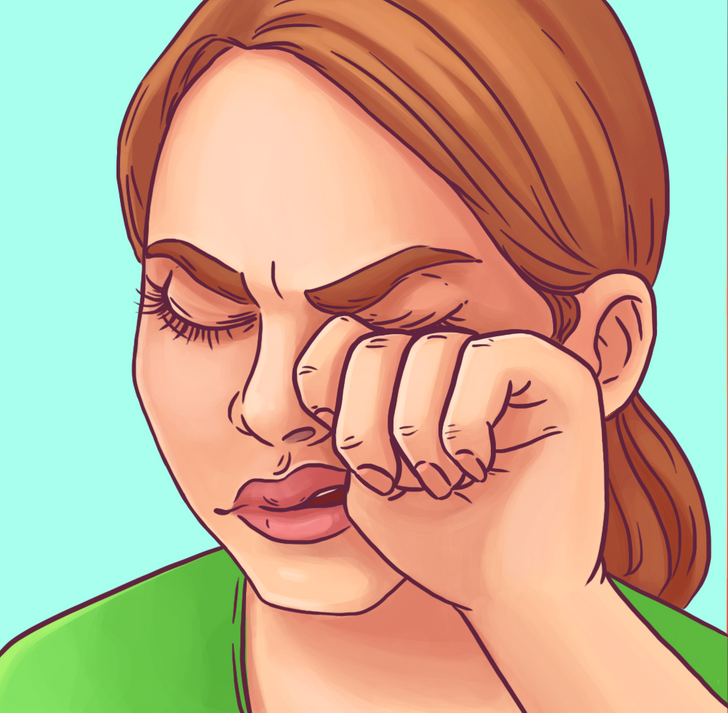
Having an autoimmune disorder means your immune system attacks your own body instead of protecting it. Conditions like rheumatoid arthritis and lupus are common examples.
A frequent symptom among people with autoimmune disorders is dry eyes. You might feel like there’s something gritty or sandy in your eyes. Other signs can include redness, pain, blurred vision, or a stringy discharge. Some people even find they’re unable to produce tears, even when they’re feeling emotional.
8. Cold hands.
When your blood vessels become inflamed, it can affect circulation, making it harder for your fingers, toes, ears, and nose to stay warm. In cold temperatures, the skin in these areas might first turn white, then blue. As blood flow returns, the skin may become red.
Discover 11 surprising signs of gluten intolerance you may be overlooking. Don’t ignore what your body is trying to tell you—click to read the full article and learn more!
Comments
Related Reads
10 Kids Whose Candid Confessions Turned Lives Upside Down

12 Stories Where One Plot Twist Changes Everything

8 People Share Why They Won’t Let Certain Family Members Into Their Homes

My Neighbor Treated My Driveway Like Free Parking, So I Taught Him a Lesson

I Quit After My Boss Punished Me for Attending My Mom’s Surgery

12 Heartwarming Moments That Show How Family Kindness Saves Lives

I Refuse to Give Up My Weekends for Unpaid Work Events—Now HR Stepped In

16 Stories That Prove Kindness Still Wins in Our Broken World

My Husband Promised to Stop Watching Me Through the Cameras—He Lied

MIL Invited Us to FIL’s Bday But Expected Me to Pay $100—I Refused

My Parents Wanted a ‘Family Vacation’ on My Budget—I Made One Move They Didn’t Expect

10 Moments Where Kindness Didn’t Argue—It Acted

